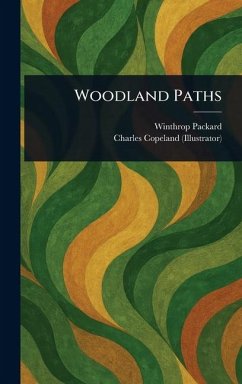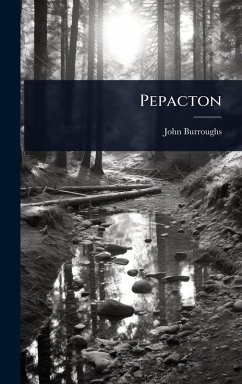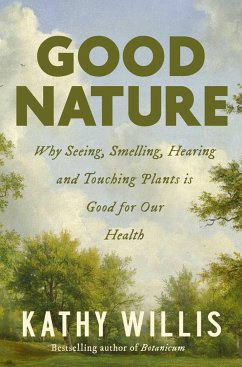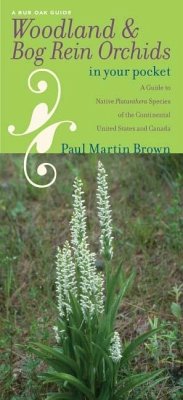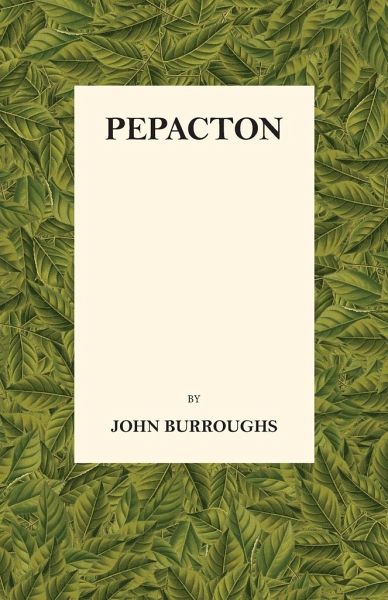
Pepacton
Versandkostenfrei!
Versandfertig in 1-2 Wochen
28,99 €
inkl. MwSt.

PAYBACK Punkte
14 °P sammeln!
¿Pepacton¿ is a fantastic collection of nature poetry and prose by American Naturalist John Burroughs, first published in 1898. Each chapter concerns a different aspect of nature, ranging from the countryside in summer to wild herbs. This volume will appeal to lovers of nature writing, and it is not to be missed by fans and collectors of Burroughs' seminal work. Contents include: ¿Pepacton: A Summer Voyage¿, ¿Springs¿, ¿An Idyll Of The Honey-bee¿, ¿Nature And The Poets¿, ¿Notes By The Way¿, ¿Footpaths¿.¿, ¿A Bunch Of Herbs¿, and ¿Winter Pictures¿. John Burroughs (1837 ¿ 192...
¿Pepacton¿ is a fantastic collection of nature poetry and prose by American Naturalist John Burroughs, first published in 1898. Each chapter concerns a different aspect of nature, ranging from the countryside in summer to wild herbs. This volume will appeal to lovers of nature writing, and it is not to be missed by fans and collectors of Burroughs' seminal work. Contents include: ¿Pepacton: A Summer Voyage¿, ¿Springs¿, ¿An Idyll Of The Honey-bee¿, ¿Nature And The Poets¿, ¿Notes By The Way¿, ¿Footpaths¿.¿, ¿A Bunch Of Herbs¿, and ¿Winter Pictures¿. John Burroughs (1837 ¿ 1921) was an American naturalist, essayist, and active member of the U.S. conservation movement. Burroughs' work was incredibly popular during his lifetime, and his legacy has lived on in the form of twelve U.S. Schools named after him, Burroughs Mountain, and the John Burroughs Association¿which publicly recognizes well-written and illustrated natural history publications. Many vintage books such as this are becoming increasingly scarce and expensive. We are republishing this volume now in an affordable, modern, high-quality edition complete with a specially commissioned new biography of the author.







